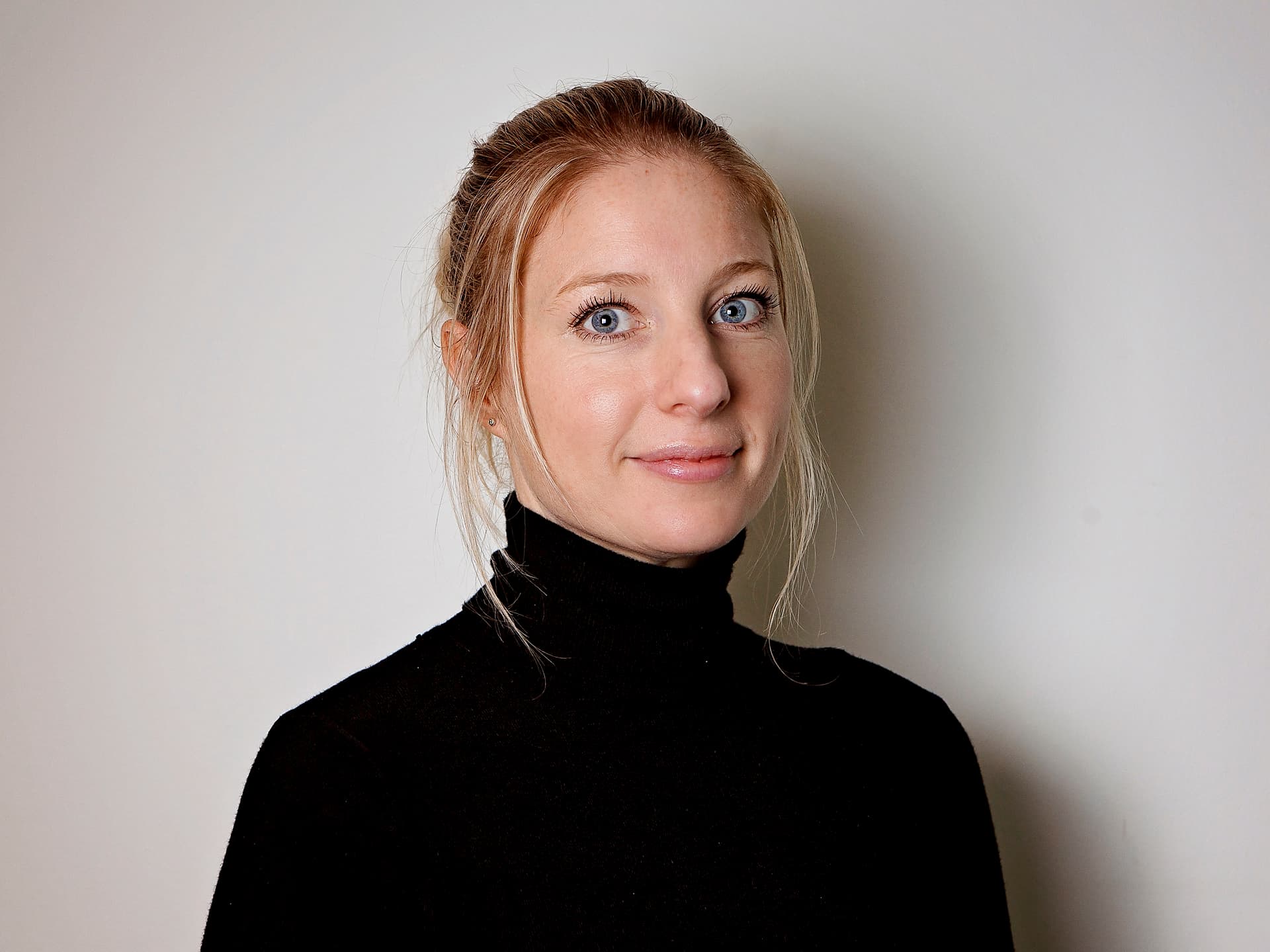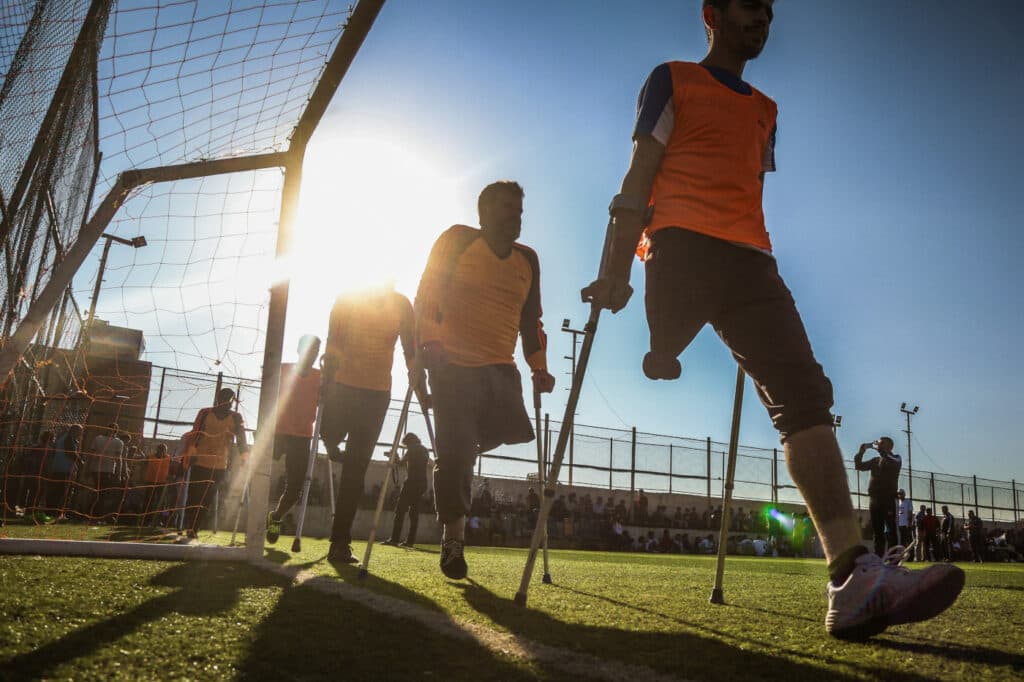
Protect persons with disabilities in the Ukraine conflict
10 March 2022Russia’s invasion of Ukraine is having a devastating impact on all civilians, who have been killed, injured, and forced from their homes. The impact on the millions of civilians with disabilities will be particularly severe.
The Diakonia International Humanitarian Law Centre calls on parties to the conflict and the international community to ensure that persons with disabilities receive equal protection from the harms of this conflict and are included in humanitarian responses. Persons with disabilities must also be included within the accountability mechanisms that we hope will follow this unlawful act of aggression.
Persons with disabilities in Ukraine are exposed to an elevated risk of harm. They will face significant and multiple barriers in fleeing violence and accessing humanitarian support. Most shelters are not accessible for wheelchair users and those with mobility impairments forcing people to remain in their homes as attacks continue. Evacuation procedures, transport and information are not accessible, meaning many are denied an opportunity to flee. Audio warnings are not accessible for persons who are deaf. Emergency information is not provided in easy read and other formats that are accessible to persons with intellectual impairments.
Right to equal protection
Those that do not flee – either by choice or because they have no option – face an increased risk of death and serious injury. As civilian infrastructure is destroyed, the support that persons with disabilities, including medical, rehabilitation and social-care support, will disappear. Their family and other support systems on which they rely are at risk of being lost. As recent media reports have highlighted millions of persons with disabilities across Ukraine are at risk of being abandoned as those within their support networks flee. As we saw during the COVID-19 pandemic, those that live in congregated living settings, including institutions, are at increased risk of isolation, abandonment, and potential abuse.
All parties to the conflict must adhere to their obligations under international humanitarian law, which serves to limit the harmful impact of conflict. Civilians and civilian objects are protected and must never be targeted. Attacks must be proportionate and the harm to the civilian population – which includes persons with disabilities – considered. Disproportionate attacks are prohibited and may amount to war crimes. Indiscriminate weapons, including cluster munitions are prohibited and must not be used. All feasible precautions to protect the civilian population should be taken, including accessible warnings before attack, and accessible shelters and emergency information. As affirmed by Article 11 of the CRPD and reiterated in UNSC Resolution 2475 (2019), persons with disabilities have a right to equal protection in conflict situations, including under the protections of IHL.
Inclusion in humanitarian support
For those that reach the boarder and seek safety in neighbouring countries, checkpoints and immigration controls should be accessible. This should include the provision of information in accessible formats, including easy read and audio, and persons with disabilities must be able to pass through with their personal assistance and any assistive devices or support animals they use.
As the international community responds to the invasion with humanitarian support, persons with disabilities must be included in the design, roll-out and monitoring of humanitarian support and international standards, including the IASC Guidelines on Inclusion of Persons with Disabilities in Humanitarian Action should be adhered to.
All monitoring and accountability mechanisms, including the investigation by the International Criminal Court (ICC) and the soon to be established Independent Commission of Inquiry on Ukraine should include the disability dynamics of the conflict within their investigations, including potential war crimes and crimes against humanity against persons with disabilities.
The Diakonia International Humanitarian Law Centre stands ready to provide technical support to stakeholders on all the issues raised in this statement.


Research project
IHL and disability
International humanitarian law often overlooks the specific needs and protection concerns of those with disabilities. We believe that IHL must be applied in a disability inclusive manner.